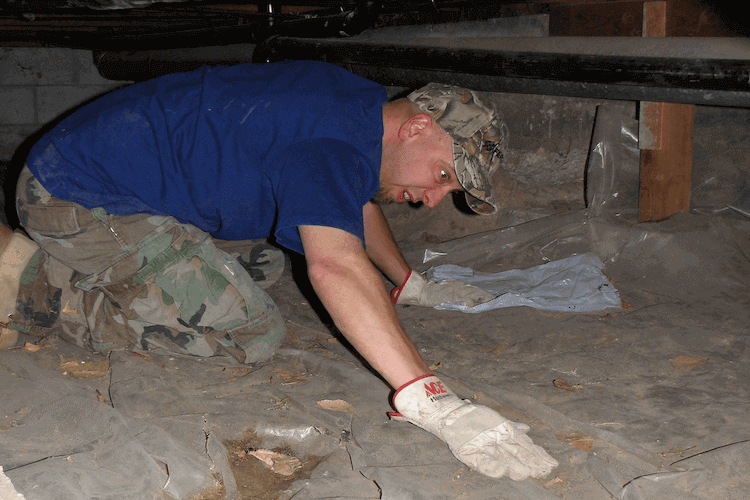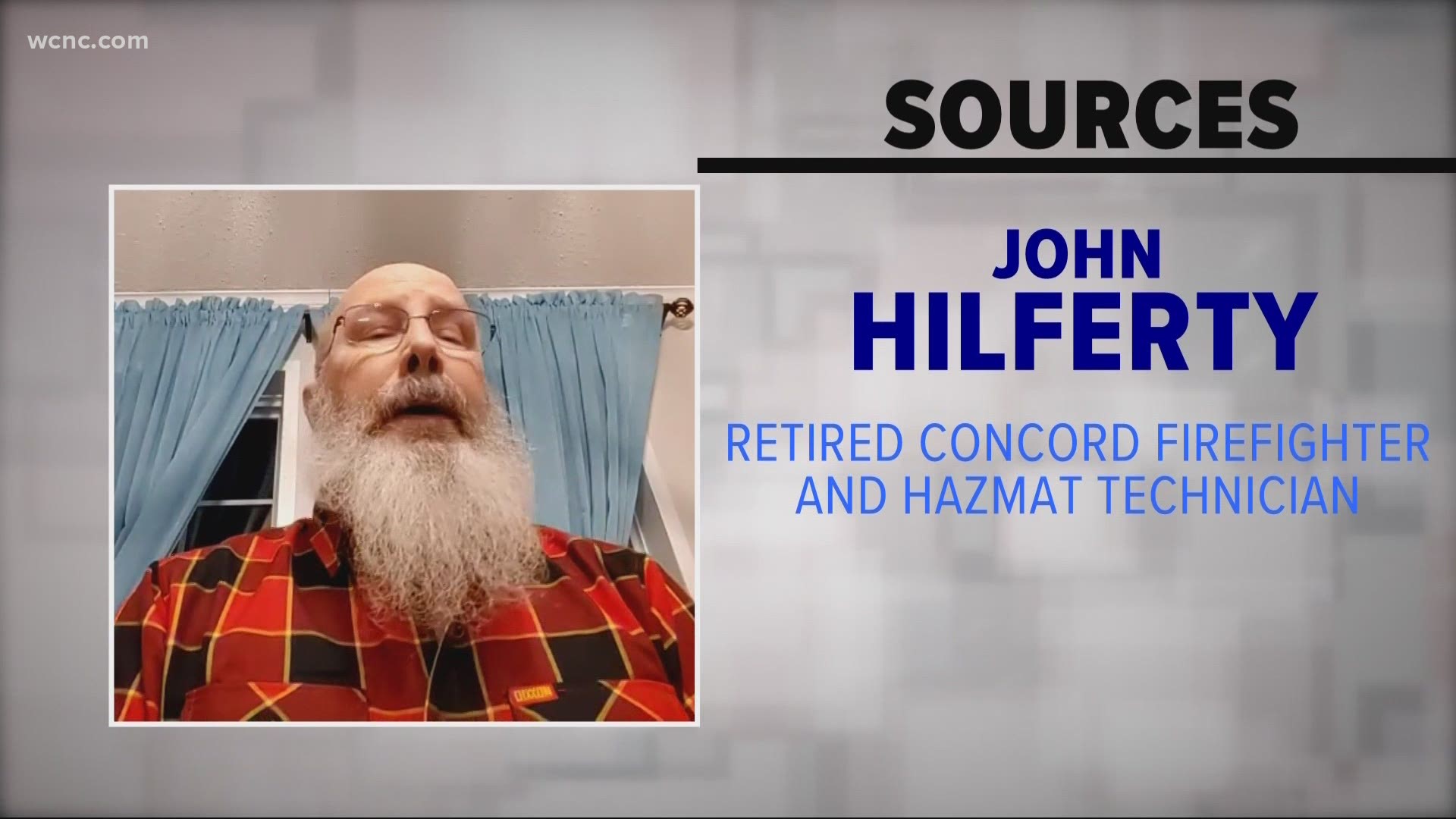Table Of Content

When compared to many other home heating options, propane is a relatively safe and efficient fuel source. However, even with the modern safety measures that have been put in place, it is important to know how to handle a propane leak. Leaks are extremely hazardous and can potentially reach an explosive level. They may kill plants and trees, cause explosions and fires, and emit greenhouse gases into the air. While there are certain actions to take if you smell a gas leak, the following should be avoided to stay safe.
Gas leak symptoms
Contact your local gas company for assistance to prevent ignition. Fires or explosions (leading to injury or death) are the most dangerous consequences of a gas leak. Even a small spark or open flame can lead to a fire or explosion that can be fatal. Here are more signs of a possible gas leak or issue with your gas.
Sign Up For Our Newsletter
We recommend homeowners leave shutting off their gas meter to professional plumbers or gas technicians. In this brief article, we walk you through important signs and symptoms you should be aware of to protect your home and family from disaster. “Some utilities utilize their customers to verify that their gas is detectable by smell while the technician conducts a routine service call,” says Worland. Gas leaks are highly flammable, and natural gas can be ignited by a spark or even by making phone calls. React quickly to fires in the home by having at least one multipurpose fire extinguisher on site.
Your Furnace or Water Heater Has Bacteria

If your toilet is gurgling and your drains are slow, in addition to the sewer gas odor, you probably have a sewer line leak. If you smell gas outdoors, leave the area with a similar degree of caution. Be aware that vehicles or electrical equipment can pose a safety risk.

No. a carbon monoxide detector is not designed to detect the presence of gas but to indicate high levels of carbon monoxide in the air. In addition, regularly servicing your appliances and checking for wear and tear that could lead to a gas leak is critical. You might also want to have your gas fittings and shut-off valves inspected and replaced, if needed, to prevent corrosion that might lead to a leak. Although you can’t always prevent a leak, having your pipelines inspected yearly can help.
Signs of a broken natural gas pipe include dirt blowing up from the ground on a windless day, a hissing sound or bubbling water. Natural gas has become a widespread energy source because it's highly combustible, which means that it can produce large amounts of heat when you burn small amounts. Consequently, a natural gas leak can increase the risk of fire and explosion since it spreads quickly and combusts easily. An electrical spark or fire source can set this off if you have a leak in your house.
In some cases, it can cause carbon monoxide poisoning in people and animals. If you notice any of these signs and symptoms and can’t relate it to another issue, follow the steps mentioned earlier on what to do if you smell gas inside your home. Taking action could save your life and the life of your family from carbon monoxide poisoning, a potential fire, or an explosion. Sometimes a gas leak can lead to you feeling physical symptoms such as dizziness, fatigue, nausea and headaches.
Blog - Gas leaks can be deadly no matter where they happen - Minnesota Department of Public Safety
Blog - Gas leaks can be deadly no matter where they happen.
Posted: Mon, 18 Oct 2021 07:00:00 GMT [source]
According to the CDC, When you breathe in carbon monoxide, it displaces the oxygen in your blood. As the oxygen levels get dangerously low, there is damage to muscles, organs, and the brain. One of the sources of this gas smell can be your gas-powered furnace or heat pump.
Do Opened Doors Help With Wi-Fi Signal?
Sometimes, bleach can smell super strong to the point where it almost smells like a gas leak. You may even be able to smell it if your neighbors put rotten eggs in their trash if you live right next to each other. Regardless, try to take any trash to the trash chute or the larger trash bin outside regularly.
So, even if you have trouble keeping plants alive on the best of days, a cluster of dead plants might be a sign of a more serious issue. The gas line that runs into the home can break down over time. If you notice that standing water near the home is inexplicably bubbling, then this could indicate that you have a gas leak.
Methane and carbon dioxide are both relatively nontoxic greenhouse gases. However, in large amounts, methane gas is extremely flammable. Like air vents, drains are responsible for the transportation of toxic waste through the septic system. If your drains are clogged from items that shouldn’t have been poured or flushed, it can cause a sewage backup. Sewer gas is a byproduct of the breakdown of natural human waste. It comprises a mixture of gases, including hydrogen sulfide, ammonia, and more.
Make sure that your appliances are installed and serviced by a Gas Safe registered engineer. If you’ve evacuated the premises, don’t let anyone other than the engineer back into the property. Have a certified inspector visit your home right away if you notice being extra tired without a lifestyle or medical reason. If exposure continues, the skin turns pink and the lips bright red. In case of severe poisoning, the skin on the whole body turns red.
Modern plumbing systems have measures in place to protect homes from sewer gas leakage. There are a handful of possible causes for a sewer gas smell in your home, most of which are the result of plumbing failures. While natural gas used indoors can pose health risks, the greatest chance for a natural gas leak happens outdoors.
Although these leaks are rare, ongoing exposure to natural gas can be hazardous and have lasting effects. A substance known as mercaptan is added to your natural gas to give it a pungent rotten egg smell. If you notice this odor in your home, it’s possible you have a natural gas leak. Mercaptan or thiol is an additive in natural gas that produces an odor similar to rotten eggs. The specific scent may differ slightly by region, since it’s added by the utility company, so you can visit the company’s website for more information.
Headaches, dizziness, nausea, and even death are symptoms of CO poisoning. If you or someone you care for believes they have carbon monoxide poisoning, call 911 or seek medical attention immediately. Many homes rely on natural gas for heat, hot water and some home appliances.


No comments:
Post a Comment